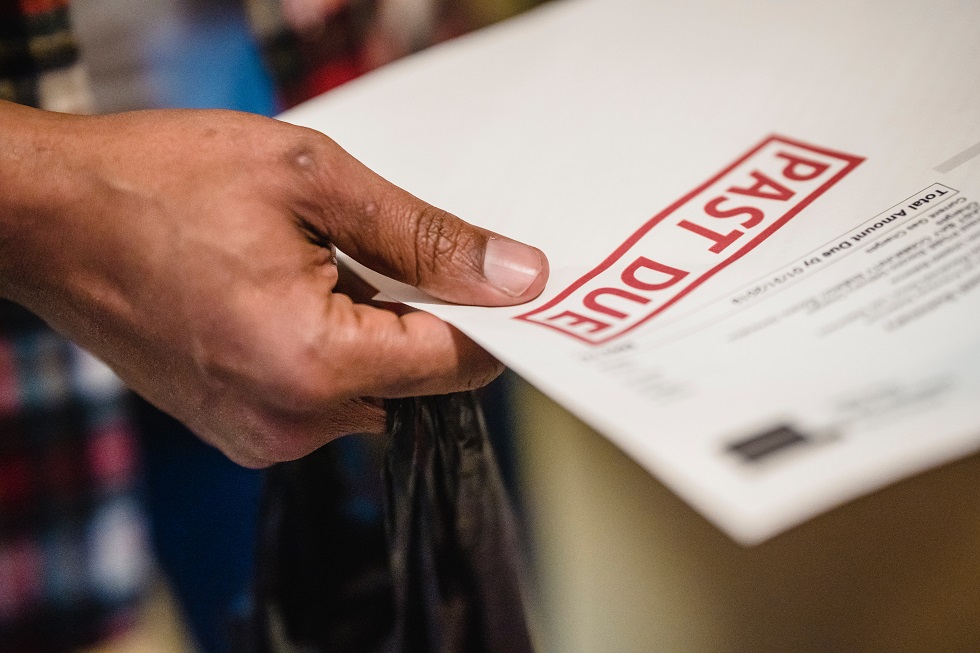Commencing with periods beginning with 1 January 2023, HMRC have introduced a new penalty and interest regime for VAT returns and payments.
Late payment and submission has previously been subject to the default surcharge regime, calculated as a percentage of VAT due, imposed at a fixed amount and not increasing depending on the lateness. Much like other HMRC penalties, these new penalties are appealable with a reasonable excuse.
Late payment penalties
The late payment penalty scheme is designed to encourage taxpayers to either pay their VAT liability in full and in good time, or, where this is not possible, to reach out to HMRC and arrange a Time To Pay arrangement.
Initially, there is no late payment penalty for the first fifteen days – whilst interest will accrue, there will not be a penalty levied.
If the taxpayer goes more than fifteen days past the payment due date without either payment or making contact with HMRC to organise a Time To Pay arrangement will trigger a penalty of 2% of the outstanding tax on the fifteenth day. Then, if the person goes more than thirty days past the original due date without payment or contacting HMRC for a Time To Pay arrangement, a further 2% penalty is levied on the sum outstanding at the end of the thirtieth day.
There is then a further penalty charged, almost like interest, of 4% charged on a pro-rata basis until the payment is made, unless a Time To Pay arrangement has been reached before day 30.
If you have reached out to HMRC for a Time To Pay arrangement before days 15 or 30, the relevant penalties will not be levied. For example, if you contact HMRC on day 14, you would not receive the penalties for days 15 or 30. Should you contact them on day 16, you would receive the day 15 penalty but not the day 30 penalty.
For the first year, HMRC will not be levying penalties if the tax is paid within 30 days of the due date, assuming that the taxpayer has contacted them with regards to a payment plan.
Non-submission penalties
Historically, late submission of a VAT return has not specifically given rise to a penalty. All businesses will start with a clean sheet on 1 January 2023 for the new regime, and HMRC will not take into account any late submissions prior to this date.
However, for VAT returns beginning on or after 1 January 2023, late submission will result in either a penalty or a point towards a penalty. This applies to all VAT returns, including nil returns and reclaims from HMRC, not just where VAT is due.
The penalty, once enough points are accumulated, is £200, making appeals unlikely to be cost-effective. It also means that smaller businesses are more likely to be affected than larger businesses. It also means that people who usually claim repayments of VAT back from HMRC will be required to be more consistent and up-to-date with VAT returns, as points and penalties will arise even where no VAT is due.
Each time a VAT return is not submitted by its due date, it will attract a penalty point. If the taxpayer accumulates enough points, a penalty will then be levied. For quarterly VAT returns, you will need four points before a penalty, for monthly returns, you will need five points, and for annual returns, you will only need two points. These points or penalties arise the day after the due date for the VAT return, and there is no period of grace like you get for late payment.
The penalty will be charged on the VAT return which meets the penalty threshold, and the taxpayer cannot accumulate further penalty points even if they do not submit their VAT return in time again.
Once a penalty has arisen or a point has been awarded, a taxpayer on quarterly returns must submit returns on time for twelve months in order to set the clock back to zero. For monthly returns, the taxpayer must do so for six months, and for annual returns this is twenty-four months. If, however, a single VAT return up to two years old has not been submitted at all, the clock will not be brought back to zero.
Whilst the above may be intimidating, if there have not been sufficient points for a penalty, the points will expire two years after they are issued. This suggests that occasional non-compliance is not the target of the penalty scheme, but serial defaulters and late filers. In addition, due to the complexities, HMRC has confirmed that a taxpayer will not receive a penalty point for the first VAT return of a newly registered business, nor the last return of a deregistering business.
Penalty appeals
As with other HMRC penalties, the taxpayer is able to lodge an appeal against a late payment penalty or a late submission penalty, as well as a late submission point. An online form to submit an appeal against penalties is now available, where it has not previously been.
In order to appeal, however, you would need to demonstrate a reasonable excuse. This is not defined by HMRC, and the decision will be made based on the facts of the reasonable excuse that you claim.
If you have any questions for Rob Case, our VAT specialist, please contact him on 01242 776000 or rob.case@randall-payne.co.uk.



